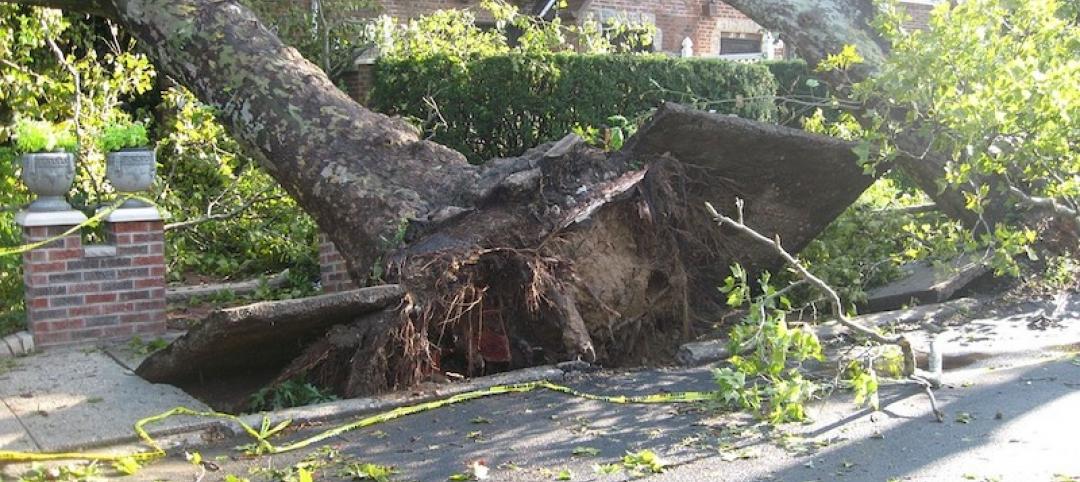Commercial property owners should commit to greenhouse gas (GHG) reduction—a strategy that reaps financial benefits and prevents buildings from becoming stranded assets, according to an energy efficiency consultant writing in GlobeSt.
A systematic drive to reduce emissions across the portfolio will garner savings on energy and water, as well as on levies for exceeding carbon emissions standards enacted by local governments. Decarbonization can avoid “stranded assets … properties that will be exposed to the risk of early economic obsolescence due to climate change because they will not meet future regulatory efficiency standards or market expectations.”
The first step is to set minimum standards for the entire portfolio and efficiency goals for individual properties. Portfolio standards could be performance based (e.g., 10% reduction of all assets by 2030), or prescriptive based (e.g., 100% LED lighting at all assets by 2025).
An energy and water audit, a comprehensive analysis of the property’s energy and water consumption using the ASHRAE Energy Audit Standards, should be conducted at each site. The audit measures energy and water usage, identifies property conditions that may cause excessive use, and provides efficiency measures to improve energy and water efficiency.
Other GHG reduction measures include building automation and controls, retro-commissioning, sourcing green energy from utilities, fully electrifying buildings, and integrating renewable energy systems into the property.
Related Stories
Codes and Standards | Jun 10, 2019
Intl. Code Council releases Natural Disaster Preparedness Guide
Provides tips for staying safe during and after a hurricane or severe weather.
Codes and Standards | Jun 7, 2019
Market conditions indicate slower growth in industrial real estate sector
E-commerce, market oversupply, rising interest rates to dampen hot market.
Codes and Standards | Jun 3, 2019
Haskell invests in BLOX, creator of modular-based delivery method
‘Represents important part of Haskell’s future strategy,’ says CEO.
Codes and Standards | Jun 3, 2019
Florida may eliminate certificate of need requirement for new hospitals
Bill could boost specialized facilities.
Codes and Standards | May 31, 2019
RELi 2.0 standard for sustainability, resilience being piloted
Will be open to LEED-registered or -certified projects, with introductory pricing and support.
Codes and Standards | May 31, 2019
Pankow Foundation releases report, tools for embodied carbon impacts
Focus is on MEP and tenant improvements.
Codes and Standards | May 24, 2019
USGBC receives funding for LEED for Cities and Communities Program
Bank of America provides $500,000 grant to certify 15 U.S. cities.
Codes and Standards | May 24, 2019
AIA updates Interiors Contract Documents
Six revised documents available for interior construction projects.
Codes and Standards | May 23, 2019
Northern California casino offers a template for resilient microgrids
Solar power with batteries and backup generators provide weeks of self-reliance.
Codes and Standards | May 23, 2019
Austin creates innovative plan to boost affordable housing
Approach includes loosened zoning, incentives for higher density in lower-cost and mixed-income developments.

















